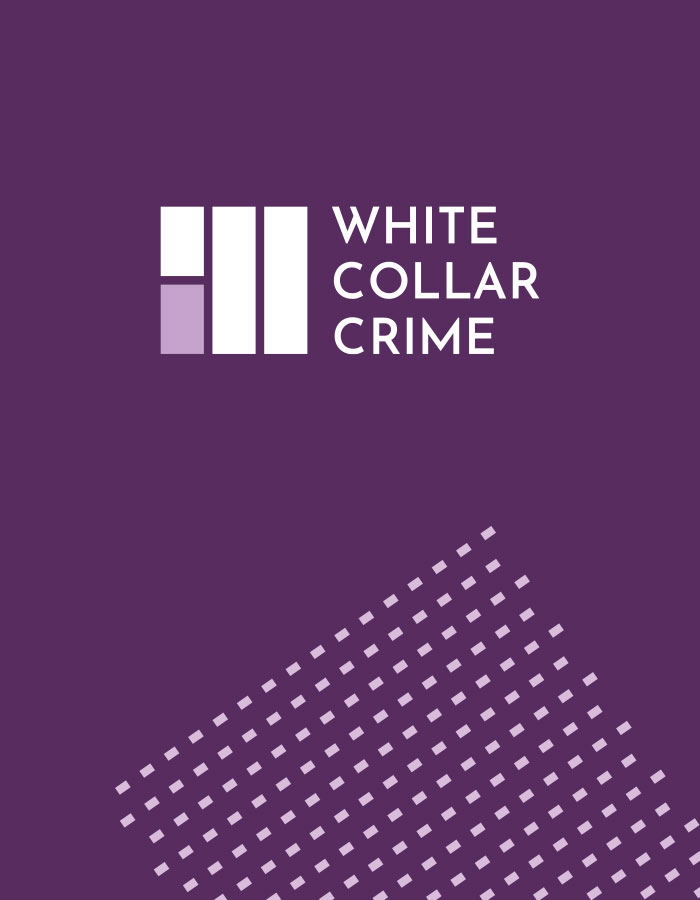Speed read: The General Court of the European Union recently decided Klyuyev v Council of the European Union Case T‑305/18 (19.07.2019) regarding European sanctions designated against high-profile individuals in Ukraine. The case provides an opportunity to consider the regulation of economic sanctions by the rule of law and fair trial rights.
European economic sanctions are uniquely a tool of foreign policy rather than a proceeds of crime power, despite having a similar freezing effect on individuals’ assets. This effect opens them to considerations of legality and due process, but their political nature makes this interaction difficult to define. At issue in Klyuyev v Council of the European Union was the legitimacy of the EU Council’s renewed restrictive measures (sanctions) against a member of the former Ukrainian administration where the basis for such sanctions was an ongoing domestic criminal investigation. The factual background of the case follows the February 2014 protests in Kiev regarding Ukrainian affiliation to the European Union and the violent suppression of the protests.
When listing sanctions, the Council is obliged to provide a ‘statement of reasons’ describing why the measures are being used, designed to aid transparency and accountability. The justification given for Klyuyev, the President’s Head of Administration, was that he was subject to “criminal proceedings in Ukraine to investigate crimes in connection with the embezzlement of Ukrainian state funds” and the human rights violations caused in response to the protests.1 The sanctions were authorised for a year at a time and the continuation of the Ukrainian investigation was used to justify subsequent renewals. The sanctions imposed were asset freezes, resulting in possessions including funds, cash, stocks, shares and other property being ‘frozen’, meaning unavailable for use, withdrawal or transfer.2
The Ukrainian challenges
The events in Ukraine in 2014 rendered senior administration members3 subject to individual sanctions, corresponding to an increased number of legal challenges to the regime. These challenges question whether the Council’s reliance on information collected by way of criminal investigation in a third state – a state outside the EU and therefore not held to the same standards – can be relied upon without further investigation at the European level. One such challenge was Azarov v Council of the European Union, in which the appellate Court of Justice established a test. Where restrictive measures are “based on the decision of an authority of a third State, which was competent to make it, to initiate and conduct criminal investigation proceedings concerning an offence of misappropriation of public funds”4 the Council has a duty to ascertain whether that third state decision was taken in accordance with the rights to defence and effective judicial protection found in the Charter of Fundamental Rights (Articles 47 and 48). In essence, the test questions the rule of law in the third state using fair trial rights as the benchmark.
On application of this test in Klyuyev, the Court found against the Council on the basis that unverified third state information cannot be relied upon. It was noted that though Ukraine is a member of the European Convention on Human Rights, this alone does not nullify the verification requirement. However, the Court has previously found that it is not incumbent on the Council to verify that the relevant national legislation protects the rights of defence and access to effective judicial protection for each separate sanction.5 This somewhat confuses the level of due diligence required of the Council in designating sanctions based on third state information. This could present further problems where the integrity of the rule of law in the third state is not known. Some might suggest this standard may be clearer where the third state is politically aligned and less so where the state’s politics are questioned.
In clarification, the Court has said the Council must ensure its measures are adopted on “a sufficiently solid factual basis”.6 This may not be a complete answer to the question of verification but when combined with the Court’s enforcement of the ‘statement of reasons’ and fair trial rights, a picture of practical compliance can be built. Further, Klyuyev found that the Azarov test had not been met because there was no evidence that the Council had information relating to Ukraine’s compliance with fair trial rights, let alone that it had independently assessed such information.7 The Court clearly stated that proof of this due diligence was necessary, which establishes a threshold capable of being met by appropriate evidence and provides practical guidance for the Azarov test.
The role of fair trial rights
The role fair trial rights can play in regulating sanctions has been demonstrated, and notably the spirit of the principles has been recognised by the Court:
“It is worth recalling that the consequences of listing are very serious. Funds and other financial assets of economic resources are frozen… for a person, entity or group that is named in the … list, normal economic life is suspended. It does not seem unreasonable to insist that, where such are the consequences, the procedures followed should be rigorous and should respect fundamental rights of defence and effective judicial protection”.8
Klyuyev illustrates the legal position in this situation where measures are similarly based on a criminal process (but not where they are based on other forms of domestic evidence). Characteristic of the political nature of sanctions, Klyuyev had no way of challenging the Ukrainian evidence because it was an investigation rather than an indictment or conviction. This was repeated under the sanctions regime because the Council was relying on the same information. Protection from such process issues comes instead from the last resort - “the Courts of the European Union must… ensure the review… of the lawfulness of all Union acts in the light of the fundamental rights”.9 This gap in legal protection gives rise a broader observation: the power imbalance between a supranational body and an individual necessitates the Court’s mandate for due diligence, accountability and judicial review mechanisms.
Conclusion
The importance of the rule of law, procedure and fair trial rights in regulating European sanctions has been illustrated. These principles are important on an individual level for personal liberty, but their significance also extends far wider. Sanctions are a response to perceived gross human rights violations or criminal wrongdoing so it follows that if the regime does not abide by due process and fair trial rights itself, its integrity and effectiveness could be undermined.
Some might use restrictive measures to argue the Union has too much power. However, it must be remembered that though the Council is keen to use its significant sanctions tool, the Court is equally ready to safeguard procedural fairness. Successful challenges such as Klyuyev and the Court’s invocation of fair trial rights brings hope that the Council will only be able to impose restrictive measures if it adheres to fundamental protections.
[1] Council Decision 2014/119/CFSP, 5 March 2014
[2] House of Lords European Union Committee, The legality of EU sanctions, 2 February 2017, para 12
[3] 17 other high-profile individuals were included in the Council Decision listing sanctions against Klyuyev, including Azarov, the former Prime Minister and Yanukovych, the former President: Council Decision 2014/119/CFSP, 5 March 2014
[4] Azarov, para 25
[5] Klyuyev, para 55
[6] Azarov, para 28
[7] Klyuyev, para 71
[8] C-599/14 P LTTE (22.9.2016), para 102
[9] C‑530/17 P Azarov (19.12.2018), para 20







